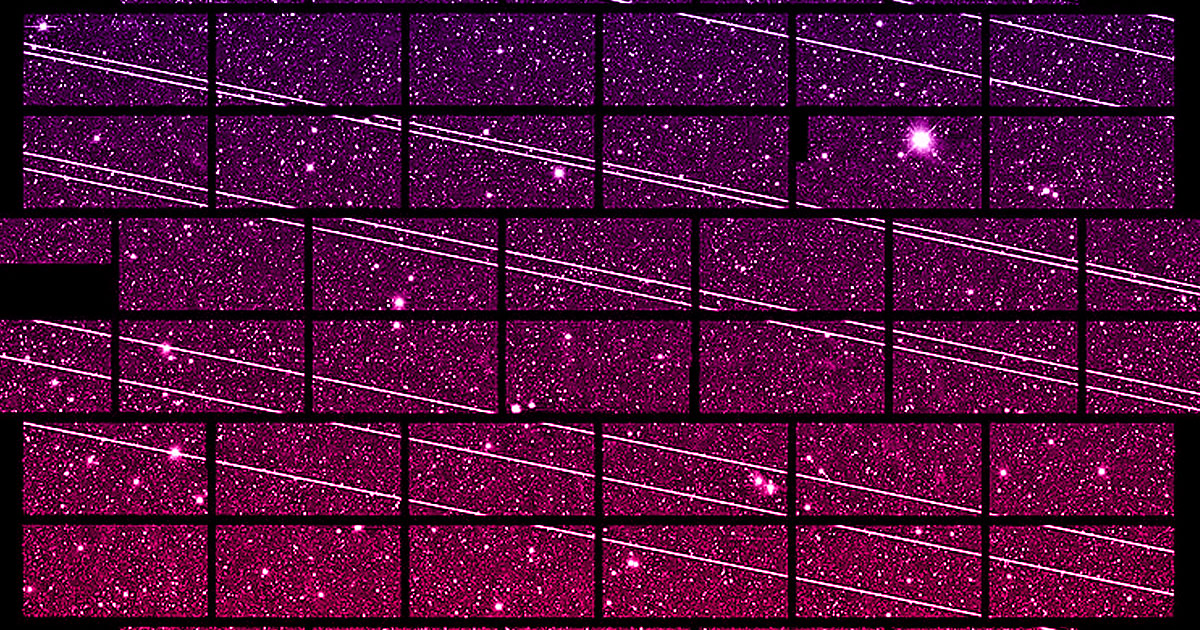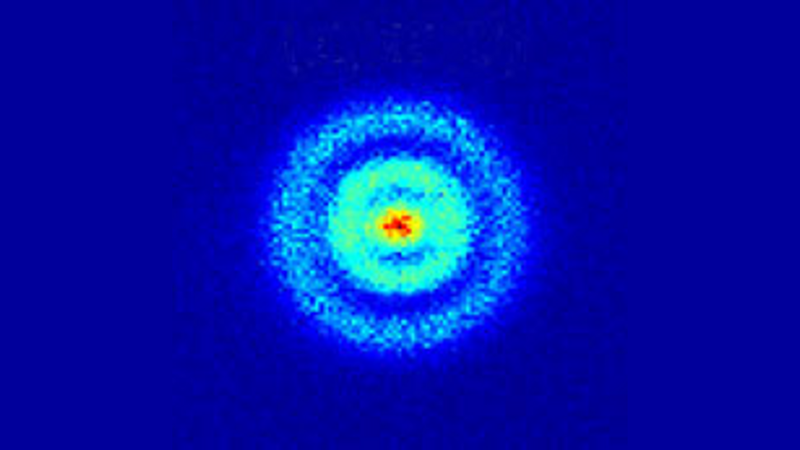Yeah, absolutely. That was a dream until SpaceX made it reality. I watched the Falcon Heavy test a few years ago and the booster landing was incredible:They were cool, I remember watching the first launch and it was neat. But I think this is the new model and really step one toward actual travel (obviously expensive as hell), further exploration which might be fueled by things like mining and development of things that can only happen in zero G.
And seeing the Space X rocket land itself to be re-usable was really neat as an added bonus.
You are using an out of date browser. It may not display this or other websites correctly.
You should upgrade or use an alternative browser.
You should upgrade or use an alternative browser.
Space topic
- Thread starter Forostar
- Start date
Midnight
The Ever-Present "It"
It's utterly inconsequential, but here:
https://tonedeaf.thebrag.com/spacex-astronaut-ac-dc-black-sabbath/
https://tonedeaf.thebrag.com/spacex-astronaut-ac-dc-black-sabbath/
Onhell
Infinite Dreamer
So you wanna be a rock hoppa? Ya crazy EartherThey were cool, I remember watching the first launch and it was neat. But I think this is the new model and really step one toward actual travel (obviously expensive as hell), further exploration which might be fueled by things like mining and development of things that can only happen in zero G.
And seeing the Space X rocket land itself to be re-usable was really neat as an added bonus.

Collin
Chasing Ponce De Leon's Phantoms
Saw that. They apparently were listening to Tool in space earlier. Proper music for space travel imo.It's utterly inconsequential, but here:
https://tonedeaf.thebrag.com/spacex-astronaut-ac-dc-black-sabbath/
Midnight
The Ever-Present "It"
So is Devin Townsend.Saw that. They apparently were listening to Tool in space earlier. Proper music for space travel imo.
jazz from hell
Ancient Mariner
D
Deleted member 7164
Guest

Amazon’s constellation of 3,236 satellites has astronomers very, very freaked out
Is corporate greed killing the night sky?
Amazon was approved by the Federal Communications Commission to launch 3,326 satellites as part of its planned Kuiper constellation. That’s roughly 600 more satellites than the total number currently in orbit, as The New York Times reports. But who’s counting?
Astronomers are. And they’re worried. The news comes just a week after SpaceX launched its latest batch of 57 Starlink satellites, bringing the total number up to just shy of 600 already in orbit.
The reflective micro satellites have been photobombing astronomical observations of the night sky ever since they started being launched by SpaceX, appearing as bright streaks of light.
Satellite launches have been rare enough, like flight before 1920s, it could be done freely, mostly without a chance of bad consequence for anyone but the people involved in flight.
Imagine in 2020s some billionaire throwing everything he owns into a heavy spaceship project, assembled in low earth orbit via hundreds of individual launches. The thing is at 50% completion when first orbit transfer test fails, the failsafe fails, and the hundred ton object is now on reentry path. Molten pieces of metal fall on unsuspecting peasants in an unrelated country.
One could simply say, who gives these companies legitimacy to fly above our heads? Who can say, the objects they launch are too heavy or just too numerous, and the sovereignty of all territories "below" the orbit needs to be considered?
jazz from hell
Ancient Mariner
“Hi, my name is jazz from hell, and I’m a flat earther.”
D
Deleted member 7164
Guest
I don't know what are you trying to say with that, shitpost flat earthers, start a discussion? Both don't belong here...
jazz from hell
Ancient Mariner
Don’t be mad, Zare. Try to smile. Better?
D
Deleted member 7164
Guest
It's sort of funny. But when that model artist came it's clear that there are people that earn $ over this b.s. Not only social networks but everyone involved in "flat earth logistics". Therefore we have people that don't have better things to do in life than fueling their own impostor syndrome on social media and events, that are making profit out of them, and polluting the public discourse space meanwhile.
jazz from hell
Ancient Mariner
Are atoms tiny solar systems?
D
Deleted member 7164
Guest
Very broadly, but very broadly speaking yes, a solar system is composed of gravity-bound bodies, while atom is composed of bodies held together by multiple types of forces. Unfortunately for intuition here's where the similarities end as do the physics models describing them. Atoms do not look like the usual ball and orbit depiction. Hydrogen for instance

Instrument-created snapshot of electron wave function in hydrogen. All possible states interleaved over time.
As far as quantum mechanics goes, you cannot dumb down this to states of points in 3D space of time. For the sake of imagination, if you'd do that atom would probably look like some sort of cosmic disaster, lumps together in the center with small junk on varied 'orbits'. But again, this is not the way things work, atom is fundamentally something different than a minimized cosmological system.

Instrument-created snapshot of electron wave function in hydrogen. All possible states interleaved over time.
As far as quantum mechanics goes, you cannot dumb down this to states of points in 3D space of time. For the sake of imagination, if you'd do that atom would probably look like some sort of cosmic disaster, lumps together in the center with small junk on varied 'orbits'. But again, this is not the way things work, atom is fundamentally something different than a minimized cosmological system.
jazz from hell
Ancient Mariner
Yeah, but whatever models present day science uses for micro-/macrocosm, they’ll be not quite accurate pretty soon, or worse. Einstein still “believed” in a static universe, for example.
It’s about the (also philosophical) idea, and it has fascinated me since a chemistry teacher of mine made a remark.
Think about it: our solar system as the atom of a molecule of an organism, which is the universe as a living being. The thought intrigues me.
It’s about the (also philosophical) idea, and it has fascinated me since a chemistry teacher of mine made a remark.
Think about it: our solar system as the atom of a molecule of an organism, which is the universe as a living being. The thought intrigues me.
D
Deleted member 7164
Guest
Yeah, but whatever models present day science uses for micro-/macrocosm, they’ll be not quite accurate pretty soon, or worse.
What the hell are you talking about
jazz from hell
Ancient Mariner
What the fuck are you askingWhat the hell are you talking about
D
Deleted member 7164
Guest
Didn't mean anything bad...Hell was supposed to be a pun at your nickname.
I am asking what do you mean by "they’ll be not quite accurate pretty soon, or worse".
The physics we utilize are accurate enough for the utility and for the application. That includes astrophysics and quantum mechanics.
I am asking what do you mean by "they’ll be not quite accurate pretty soon, or worse".
The physics we utilize are accurate enough for the utility and for the application. That includes astrophysics and quantum mechanics.


